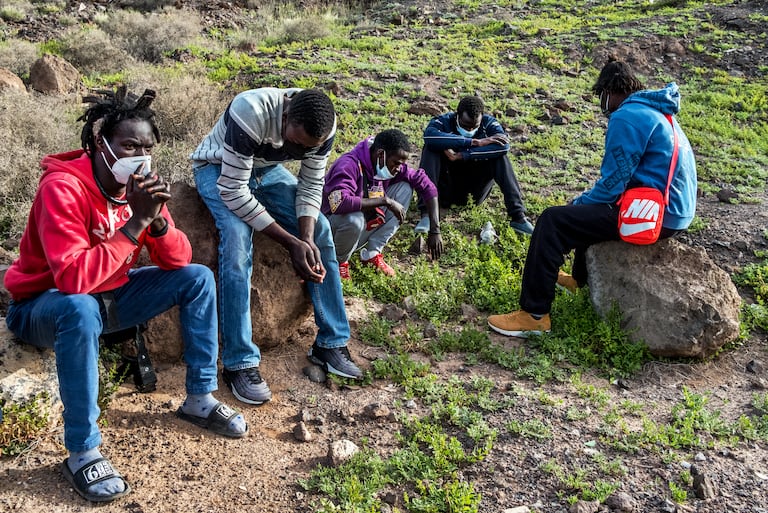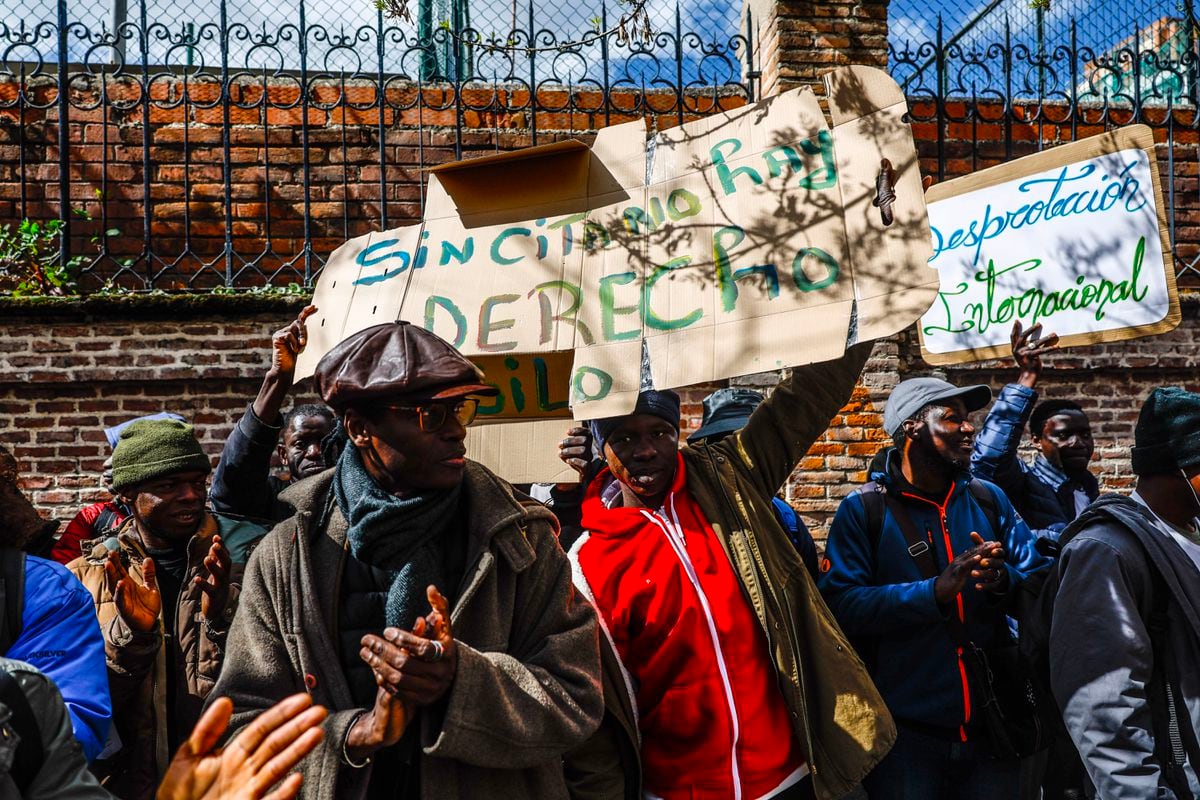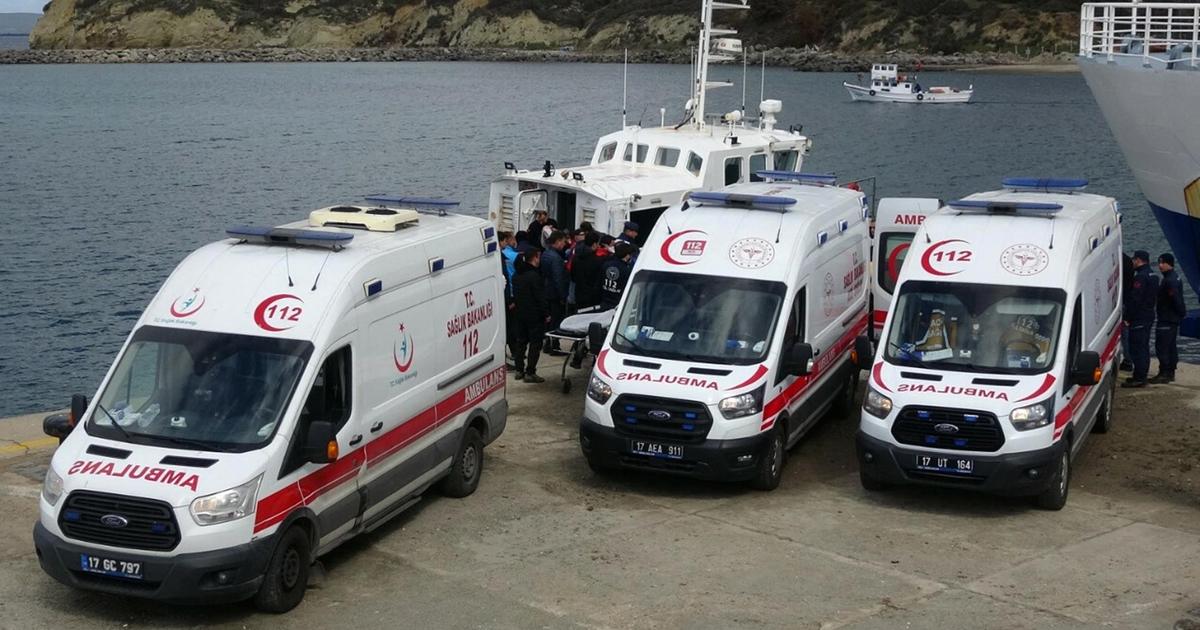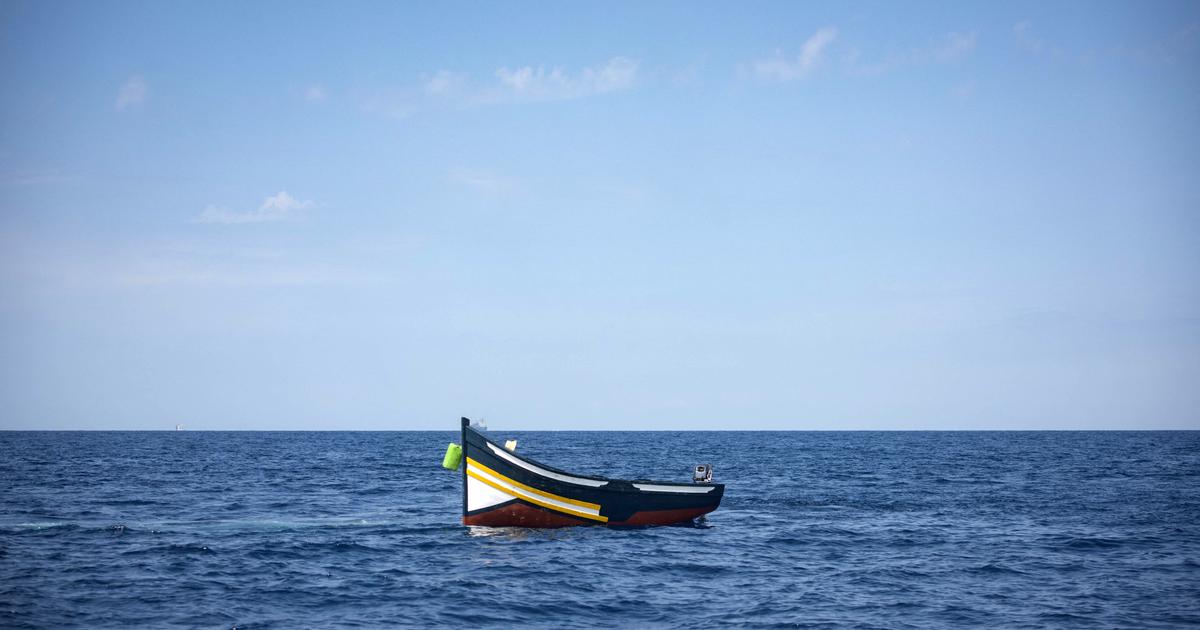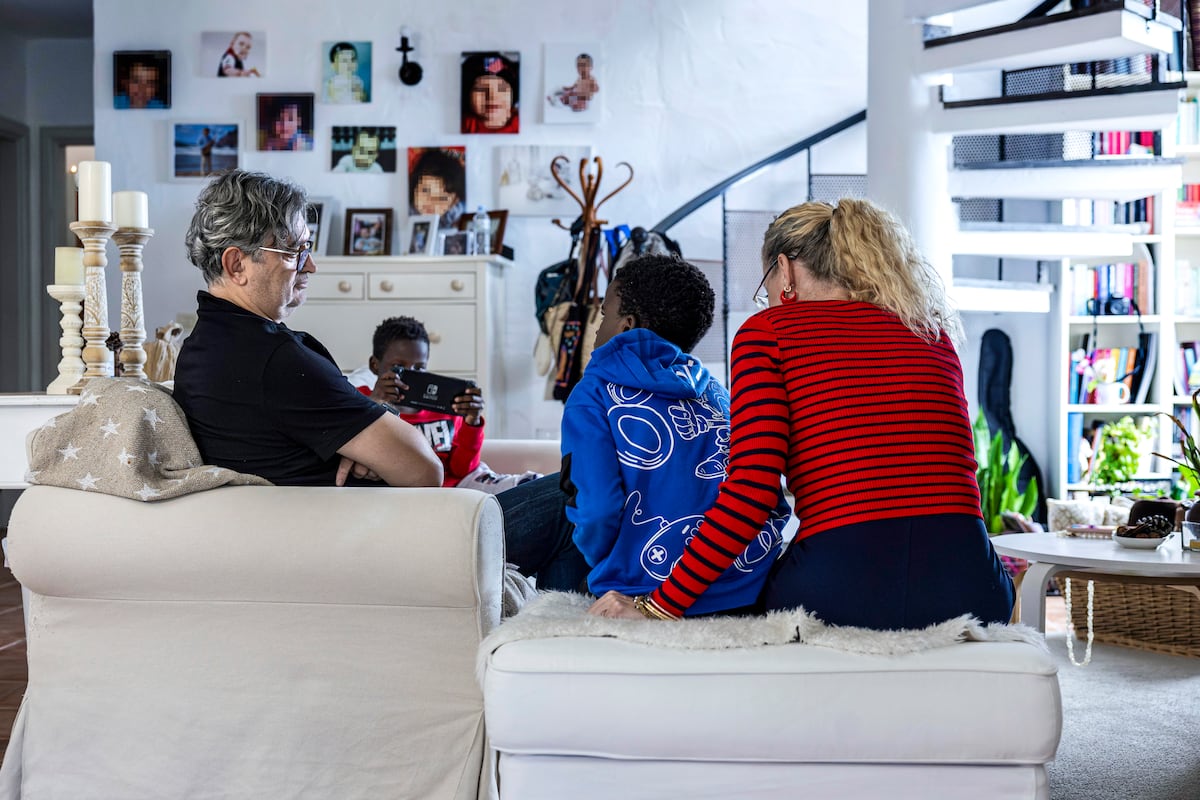Young Senegalese fleeing from the official reception system survive by sleeping in the countryside in fear of being deported.
Senegalese Ousmane Diop, 27, arrived in the Canary Islands four months ago.
He stayed in two apartments in Puerto Rico, in the sunny and touristy south of Gran Canaria, until he was told that he would be transferred to the Las Raices macrocamp, in La Laguna (Tenerife), a military complex that can accommodate 1,400 people.
“At the hotel I did nothing but sleep and eat.
And in the camp it was going to be worse and from there they were going to send us back to Senegal, ”he says.
His intention is to prepare to be a welder, and to achieve this he has preferred to pursue a life on his own.
Even if that means sleeping on the street.
He spent three days outdoors in Puerto Rico, and then moved to Las Palmas de Gran Canaria.
Still without accommodation.
Diop is one of the hundreds of people, according to the NGOs, who have decided to abandon the reception resources and who sleep in tourist areas, in ravines, portals, parks or shacks, and depending on Caritas to eat.
Some have been more fortunate and have achieved a roof over their heads thanks to organizations like Somos Red, a platform created specifically to respond to the situation.
At the beginning of January, Cáritas distributed between 170 and 190 menus a day.
This week, the figure reaches 370. "Almost all these new people are migrants who are staying on the street," says the organization.
“We estimate that there are hundreds of them.
They try to find a living to eat, in fear, hiding from the police and other threats in the form of violence, ”explains Antonio Santana Miranda, a member of the organization.
“At the beginning of the transfers to these camps, information began to flow among them that they were going to be deported from those centers.
They knew that if they wanted, they could leave and circulate freely, so many took that option, seeing themselves forced from the beginning of February to live on the streets ”.
THE COUNTRY has tried, without success, for the Government Delegation and the Secretary of State for Migration to specify the number of people who have refused to enter the camps.
Solo Somos Red welcomes 23 migrants.
Last Saturday, at the same time that a caravan promoted by Vox was circulating to protest against “illegal immigration”, Somos Red organized a solidarity collection of clothes in a central square.
Ousmane Diop collects a jacket, some T-shirts and a backpack.
At his side, 23-year-old Atou Yade and 22-year-old Samba gather warm clothes to face the nights out in the open.
The intention of the latter, in the Canary Islands since the end of November, is to work as a car mechanic.
“In Puerto Rico,” Samba explains, “they told us that if they sent us to Las Raices, it was the first step to sending us back to Senegal.
And I do not want that.
I just want help to be able to work ”.
"It is not true that going to Tenerife means that the next day they are going to be deported", Explains Mamé Cheik, president of the Federation of African Associations in the Canary Islands.
"In fact, they may have a better chance of going to the Peninsula from the centers."
The first immigrants who began to sleep in the streets and ravines of Gran Canaria were, above all, Moroccans.
They had been expelled from the hotels for breaking the rules of coexistence or for having been absent from the centers for more than three days.
But the profile, with the transfers to the macrocamps, is changing.
The San Bartolomé de Tirajana City Council admits that at least a hundred of them sleep in parks in the municipality.
Those who are in Las Palmas de Gran Canaria have minimal support from the City Council, which does not provide data either.
The Mogán council ensures that Sub-Saharan Africans no longer sleep on its streets.
According to Cáritas, the number of people who went to its two dining rooms on the island increased by 72% in January compared to the previous month.
At the beginning of January, the organization distributed between 170 and 190 menus a day.
This week, the figure reaches 370 daily menus.
"Almost all of these new people are migrants who have left the apartments and reception facilities and are staying on the streets," say sources from the organization.
Blocking
Since the surge in arrivals to the islands intensified in the middle of last year, the government, supported by the EU, has applied different blocking strategies.
The most vulnerable profiles have been transferred very punctually or at the drop of a hat to the Peninsula.
And, as of December, with the legal framework to guarantee sanitary restrictions, the police began to block ports and airports for all migrants who could have left with their valid passports.
Under pressure, the government has started speeding up new referrals.
Knowledgeable sources of these devices speak of 3,500 authorizations, but it is not clear how many of these people have already been transferred and how many remain.
Interior and Migrations continue without giving information about these transfers, reports
María Martín
.
The Las Raíces camp has become, a few weeks after its opening, a cursed destination.
A group of people have been camped outside the facilities for several days, protesting the conditions of the facility.
"It is very cold there, there is not enough food, many people tell us that from there they send us back to our country," says Ndiak, one of the Senegalese hosted by Somos Red in Gran Canaria.
"Now we are afraid that the police will arrive at any moment, arrest us and deport us."
The camp is managed by the NGO Accem.
Sources of the organization have assured EL PAÍS that they are "focused on offering the best possible care" to the people taken in.
“The implementation of a device of these characteristics is not easy.
On a daily basis, different needs or deficiencies appear which, as we are detecting, we are trying to solve ”, Santiago Gómez-Zorrilla Sánchez, spokesman, has assured by email.
"Sure there are things to improve and we do our best to make it happen."

